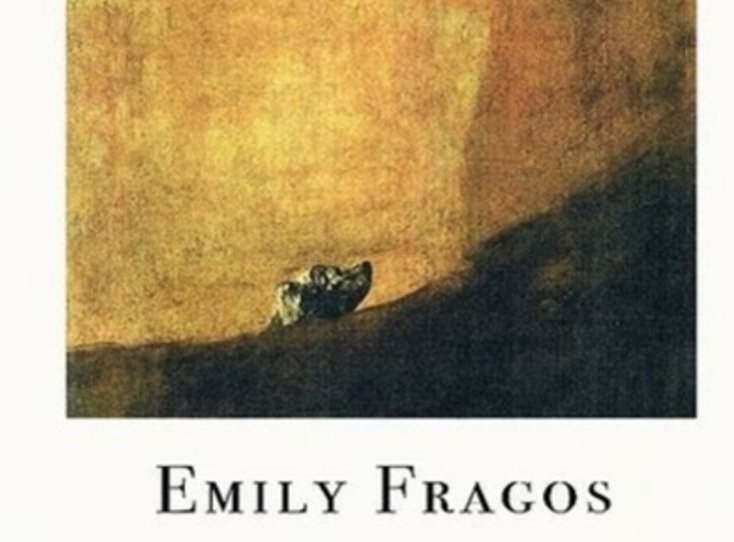Hostage
by Emily Fragos
Sheep Meadow Press, $12.95 (paper)
Emily Fragos’s excellent second collection of poems, Hostage, grapples with numerous forms of captivity and imprisonment. “You would like, I know full well, to kneel, leap, stretch out / And bow in the way you were created, but pain is everywhere,” Fragos writes, counseling a post-operative knee. She is attuned not only to physical but also to psychic pain; not only to human but also to animal suffering, whether empathetically describing the “unencumbered” fantasies of an unyoked animal or addressing the title figure of “Horsehead at a Parisian Fair”: “Much as you would like to move, you look back at everything / In your path with glassy eyes, the mind of the quadriplegic / And all that is captive.” What, if anything, can free us when captured by the unyielding demands of our mortal bodies? Art, music (a Bach fugue “frees the horses from their mechanical bolts”), dance, and though Fragos doesn’t say so explicitly, poetry—Fragos’s own, for example. Fragos’s poems put words to our frustration, especially in their final lines, which reach for the lyrical acceptance of the broken world: “Take us, not with derision / but with the folly of adoration / for the odd nature of us.” The reader of Hostage will not soon forget these poems; they remain in the mind, coming forth to offer understanding, music, even ecstasy—“What gusts of raw, mad emotion, of unbearable expectation, in this / world-cutting-loose of the bells”—whenever they are most needed.








